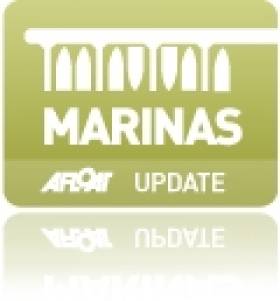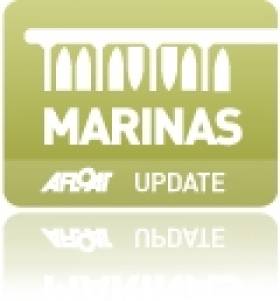Displaying items by tag: Irish Marinas
Fanfare in Derry as New Marina Officially Opened
#IRISH MARINAS - Five months after hosting the Clipper Round the World yacht race this summer, the new marina at Derry-Londonderry has been officially opened to much fanfare.
The Belfast Telegraph reports on the weekend's celebrations, which welcomed the return of the city's entry in the world-renowned yacht race.
Derry-Londonderry's challenge will soon be featured in the Discovery Channel TV documentary series Against the Tide, according to the Derry Journal.
Speaking at the launch event, Foyle Port CEO Brian McGrath hailed its "state-of-the-art facilities for hosting maritime events".
The new marina is a joint initiative by the Loughs Agency and Cruise Initiative and is maintained by Foyle Port.
#IRISH MARINAS - Two marinas were among the 11 resorts on the Northern Ireland coast awarded Blue Flag status this year.
It marks a record year for Northern Ireland's water quality standards as the EU's benchmarks grow increasingly strict, and represents a 100% increase over three years.
Ballyronan on Lough Neagh retains its Blue Flag status, while and Ballycastle Marina achieved the accolade for the first time, as the News Letter reports.
Other stretches retaining their status are Downhill, Benone, Portstewart, Tyrella, Whiterock and Portrush's East and West Strands.
Newcomers to the Blue Flag list are Cranfield West, Murlough and Crawfordsburn Country Park in Co Down, and Castlerock in Co Derry.
Meanwhile, seven beaches across Northern Ireland attained Seaside Awards for their high standards.
Environment Minister Alex Attwood said: “Today’s increase in Blue Flag and Seaside Awards is great news for Northern Ireland’s beach users and seaside towns as they know they can expect the best when they see a Blue Flag or a Seaside Award symbol."
The News Letter has more on the story HERE.





























































